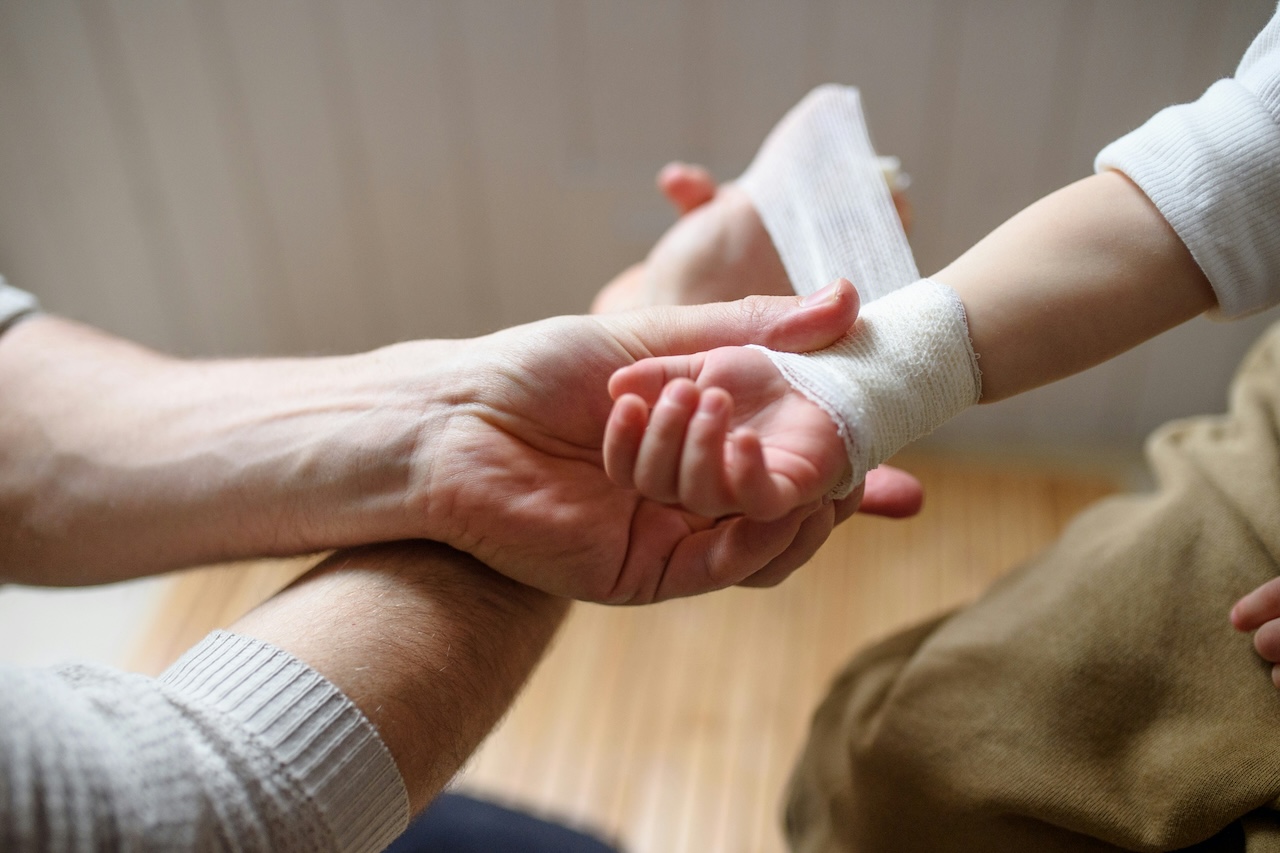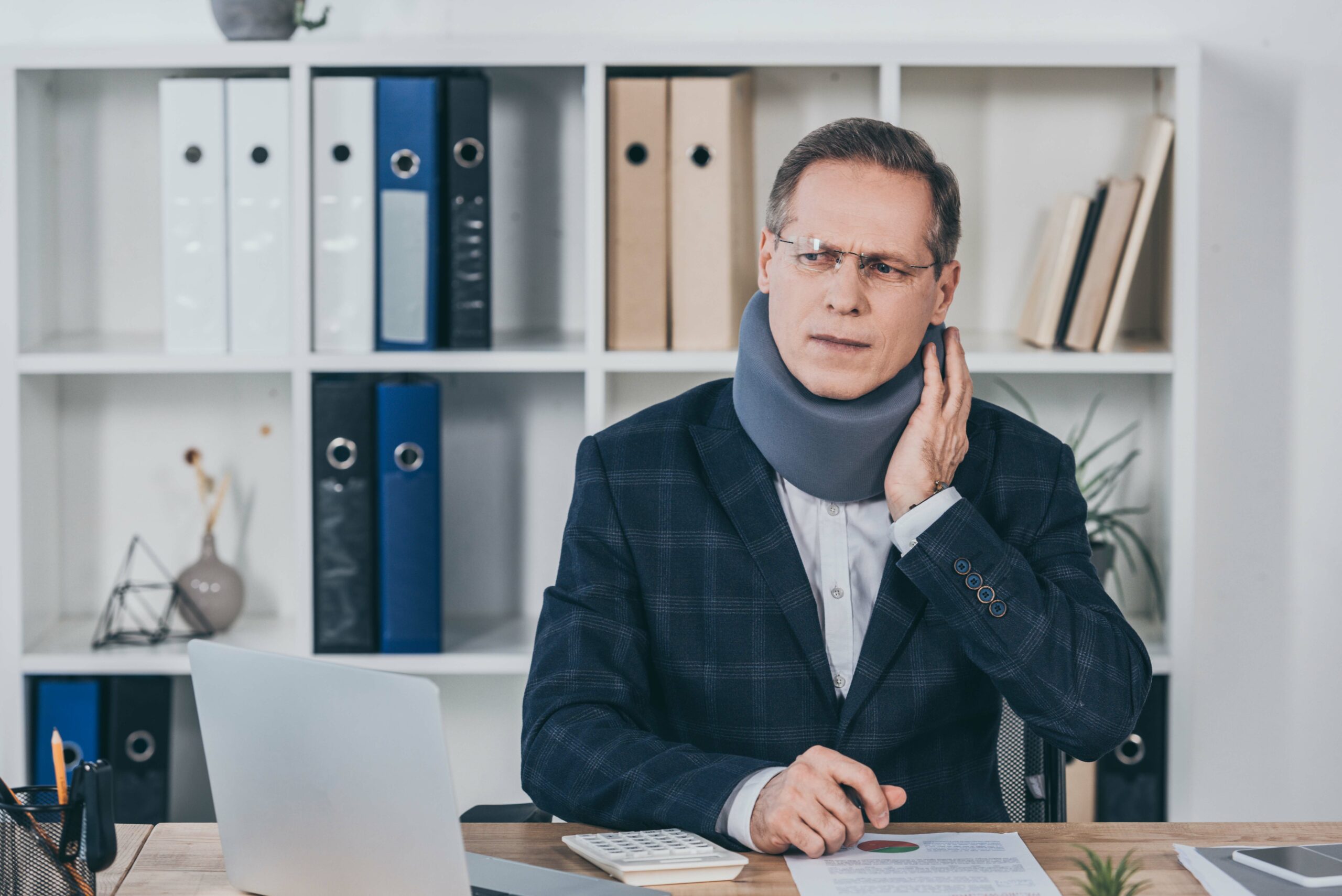As consumers, we expect the products we purchase and use to operate safely. When this does not happen, either due to a design defect, a manufacturing defect, or something else, we may be harmed as a result. Sometimes, these defects are due to accidents or mistakes, and other times, they are the result of negligence. Get the facts on product liability and learn how to file a valid claim.
UNDERSTANDING PRODUCT LIABILITY
Product liability law consists of legal rules that dictate who is responsible for defective or dangerous products. This type of law differs from regular personal injury law, which makes it easier for those injured by defective products to recover the compensation they deserve.
Specifically, product liability refers to a manufacturer or retailer being held liable for distributing a defective product into the hands of consumers. If a defective product causes injury to a consumer, any and all parties involved in the product’s design, manufacture, and sale may be held liable for damages.
There are three main types of product defects: design defects, manufacturing defects, and marketing defects.
DESIGN DEFECT
This type of defect is present in a product before it is even manufactured. Something in the product is inherently unsafe. Examples of design defects include, but are not limited to, the following:
- A particular model of car that has a tendency to flip over when turning
- A type of sunglasses that fails to protect the wearer’s eyes from UV rays
- A line of electric blankets that can electrocute the user when turned on high
MANUFACTURING DEFECT
This type of defect occurs during the course of the product’s manufacture or assembly. Examples of manufacturing defects include, but are not limited to, the following:
- A swing set with a cracked chain
- A tainted batch of medicine containing a poisonous substance
- A car missing its brake pads
MARKETING DEFECT
This type of defect includes flaws in the way the product is marketed or labeled, including improper or misleading labeling, insufficient instructions, or inadequate safety warnings. Examples of marketing defects include, but are not limited to, the following:
- A cough syrup that does not contain adequate labeling that it may cause dangerous side effects if taken in combination with another drug
- A corrosive chemical that is sold without proper instructions for safe handling and use
WHO IS RESPONSIBLE FOR A DEFECTIVE PRODUCT?
Throughout a product’s cycle, several different parties are involved in its design, manufacture, distribution, and sale. Any of these parties may be held responsible for any product defects that lead to a consumer’s injury. It all comes down to when the defect occurred, who caused it, or who failed to prevent it.
In general, the parties that can be held liable for a product defect include:
- Product manufacturer
- Engineering or design team
- Manufacturer of component parts
- Party that assembles the product
- Wholesaler
- Retailer
COMMON PRODUCT LIABILITY INJURIES
The consequences of product liability can pose dangerous risks to consumers. Auto part defects, for example, can lead to catastrophic car accidents, injuries, and even death. Boat defects can cause drownings and post-traumatic stress disorder (PTSD) in survivors. Many other products including toys for children could contain toxins or contaminants, making consumers seriously ill.
Common injuries that these defects may inflict include:
- Traumatic brain injuries
- Broken bones
- Electrocution
- Burns
- Poisoning
- Lacerations
WHAT DO PRODUCT WARRANTIES COVER?
Although not required by law, written product warranties come with most purchases. There are many different types of product warranties available to consumers that can cover some issues with a defective product.
Keep the following in mind when considering your purchase:
- Warranty duration: Check to see when the warranty begins and ends and whether there are any conditions that may void the warranty early.
- Inquiry contact: See who you need to contact if something goes wrong. The manufacturer, retailer, or a private third party could be your point-of-contact.
- Repair and replacement coverage: A warranty will only cover so many issues. Few will cover everything. Review the warranty to find out what can be repaired or replaced through it.
- Special conditions: Some warranties only provide coverage if you use the product as directed, such as for personal use rather than for business use.
Product warranties provide guarantees to consumers that the products they purchase will operate safely and as expected. However, warranties usually only offer to repair or replace a defective item. They do not account for any sort of compensation for bodily injuries. A product liability claim or lawsuit will be needed to seek damages.
HOW TO REPORT A PRODUCT DEFECT
Should you go right to the product manufacturer after a defective product causes you to suffer an injury? Typically, no, this is not the best idea. The product manufacturer will tell you to send them the defective product so they can investigate it. What they really want to do is take the most important piece of evidence out of your control.
Instead of reporting a product defect immediately to the manufacturer, you should contact an attorney first. They can investigate your claim and decide when, if ever, is the right time to send the product to the manufacturer. After all, you purchased the product and it is now yours, so the manufacturer has no right to claim it from you.
WHAT CONSTITUTES A PRODUCT LIABILITY CLAIM?
Bringing forth a valid product liability claim is difficult, but it’s not impossible. A product may be considered defective and provide grounds for a valid product liability claim if the following is true:
- The product had an inherent design or manufacturing defect, was mislabeled, or was marketed for improper use.
- A consumer was injured while using the product in a reasonably safe and proper manner.
- The defect was the cause of the consumer’s injuries.
Consumers who have been injured by a defective product usually benefit from working with an experienced product liability attorney who can help them navigate through this complex legal process.
Oftentimes, the same product defect harms a large number of consumers because a batch of the product was designed or manufactured improperly. In this case, your product liability claim may become part of a class-action lawsuit against the same negligent party. If the attorneys representing you and other affected parties are able to prove negligence on the part of those responsible for designing, manufacturing, or selling the product, you may be able to recover a significant amount of damages as part of the settlement.
HARMED BY A DEFECTIVE PRODUCT? CONTACT US TODAY
At Huffman & Huffman Brothers-in-Law, PLLC, we believe that defective products need to be exposed for what they are. We fight to help victims recover much-needed financial compensation for the injuries or losses they have experienced.
Our product liability attorneys work diligently to protect the rights and interests of consumers across Virginia. We know how difficult life can be after a serious injury or the loss of a loved one. We have the experience and wherewithal to hold negligent manufacturers, distributors, and other large corporations responsible for allowing defective and dangerous products to land in innocent consumers’ hands.
If you have been injured by a defective product, contact one of our skilled and professional attorneys about your options. We’re not afraid of going up against large corporations in cases regarding product liability.
Contact us today at (757) 599-6050 to learn how we can help you.
 Text Us
Text Us  Call Us
Call Us 







